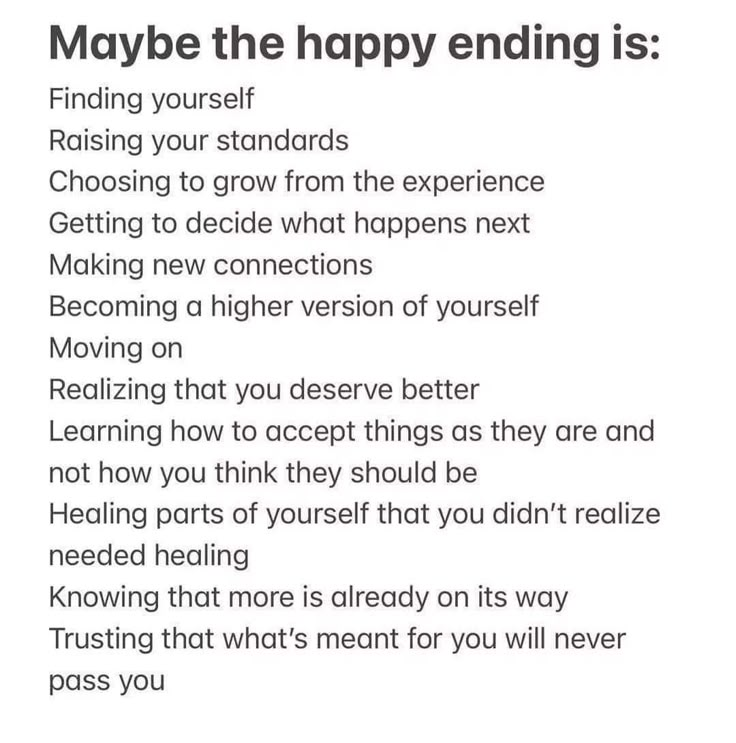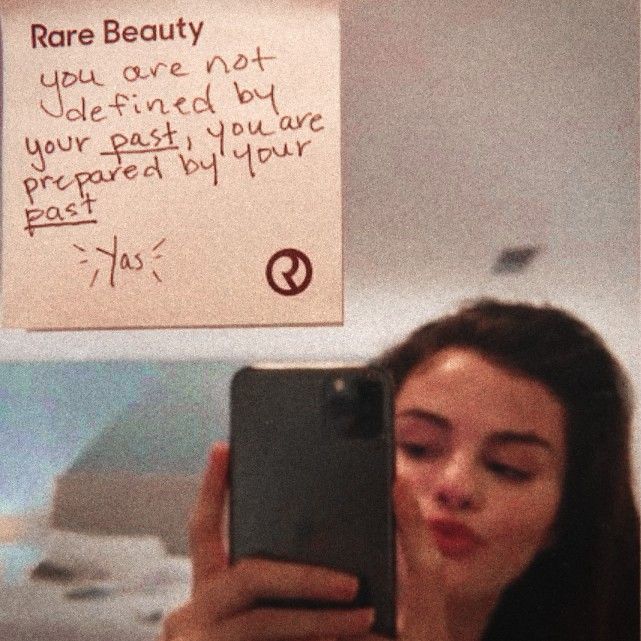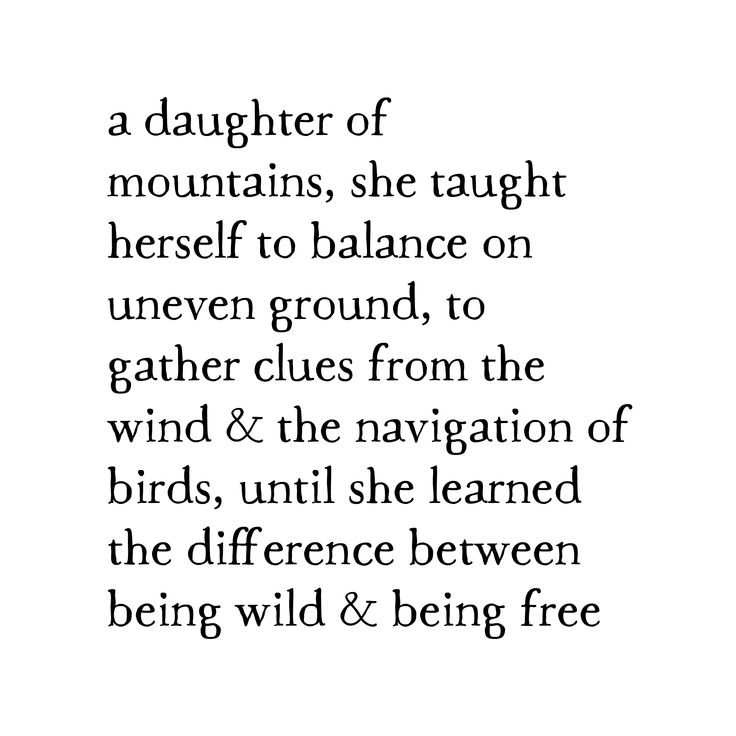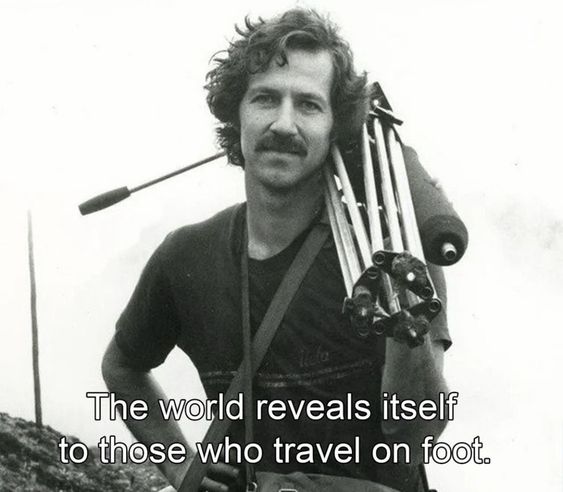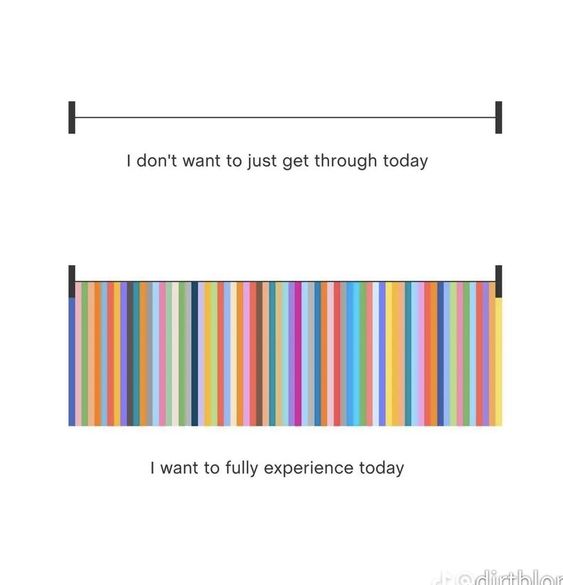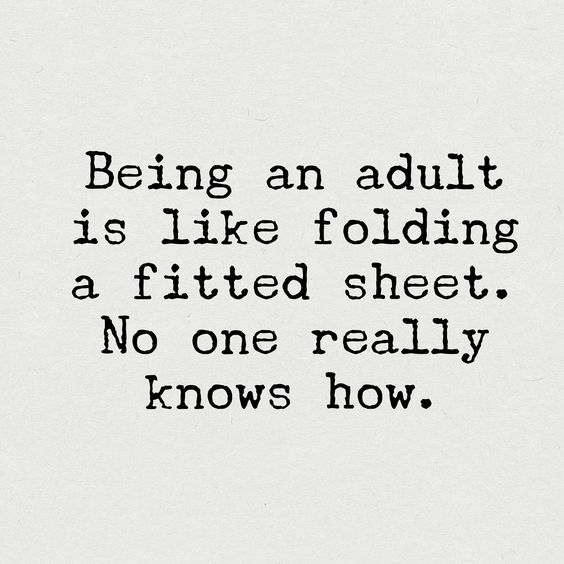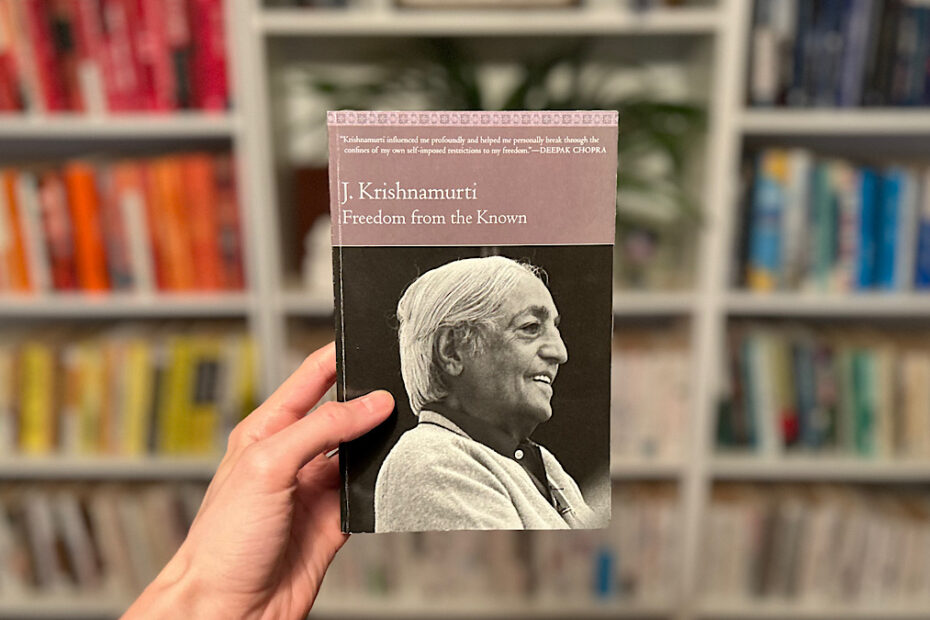“There are two ways to live a longer life: 1) Biologically. Extend the timeline between your birth and your death. 2) Psychologically. Fit more lives into whatever time you are given. Make each decade rich with experiences and perhaps you can live a handful of lives before you are done.”
James Clear
“In my body and in my soul I realized that I greatly needed sin, I needed lust, vanity, the striving for goods, and I needed the most shameful despair to learn how to give up resistance, to learn how to love the world, to stop comparing the world with any world that I wish for, that I imagine, with any perfection that I think up; I learned how to let the world be as it is, and to love it and to belong to it gladly.”
Hermann Hesse, Siddhartha (Page 125)
“Wisdom cannot be communicated. Wisdom that a wise man tries to communicate always sounds foolish. Knowledge can be communicated, but not wisdom. We can find it, we can live it, we can be carried by it, we can work wonders with it, but we cannot utter it or teach it.”
Hermann Hesse, Siddhartha (Page 124)
“What father, what teacher could shield [his son] from living his own life, soiling himself with life, burdening himself with guilt, drinking the better drink himself, finding his path himself? Do you really believe, dear friend, that anyone at all is spared this path? Perhaps your little son because you love him, because you would like to spare him pain and sorrow and disillusion? But even if you died for him ten times over, you could not take away even the tiniest bit of his destiny.”
Hermann Hesse, Siddhartha (Page 106)
“That was why he had had to go out into the world, losing himself in pleasure and power, in women and money, had had to become a merchant, a dicer, a drinker, a grasper, until the priest and the samana inside him were dead. That was why he had had to keep enduring those ugly years, enduring the disgust, the emptiness, the meaninglessness of a bleak and lost life, to the end, to bitter despair, until Siddhartha the sensualist, Siddhartha the grasper could die. He had died; a new Siddhartha had awoken from sleep. He too would grow old, he too would have to die someday—Siddhartha was ephemeral, every formation was ephemeral. But today he was young, was a child, the new Siddhartha, and was full of joy.”
Hermann Hesse, Siddhartha (Page 88)
“‘It is good,’ he thought, ‘to taste everything that one needs to know. As I child I learned that wealth and worldly pleasure are not good. I knew it for a long time, but I experienced it only now. And now I know it, know it not only with my memory, but also with my eyes, with my heart, with my stomach. Good for me that I know it!'”
Hermann Hesse, Siddhartha (Page 87)
“I have never doubted you for a moment, I have never doubted for a moment that you are the Buddha, that you have attained the goal, the highest, which so many thousands of Brahmins and sons of Brahmins are journeying to reach. You have found the deliverance from death. It came to you from your own seeking, on your own path, through thinking, through meditation, through knowledge, through illumination. It did not come through a teaching! And—this is my thought, O Sublime One—no one is granted deliverance through a teaching! You cannot, O Venerable One, impart to anyone, tell anyone in words and through teachings what happened to you in the hour of your illumination. The Teaching of the illuminated Buddha contains a great deal, it teaches many how to live righteously, avoid evil. But there is one thing that the so clear, so venerable Teaching does not contain: it does not contain the secret of what the Sublime One himself has experienced, he alone among the hundreds of thousands. That is what I thought and realized when I heard the Teaching. That is why I am resuming my wandering—not to seek a different, better teaching, for I know that there is none; but to leave all teachings and all teachers and to reach my goal alone or die.”
Hermann Hesse, Siddhartha (Page 32)
“Buddha’s Way to Salvation has often been criticized and doubted, because it is thought to be wholly grounded in cognition. True, but it’s not just intellectual cognition, not just learning and knowing, but spiritual experience that can be earned only through strict discipline in a selfless life.”
Hermann Hesse, Siddhartha (Page xxviii)
“A writer — and, I believe, generally all persons — must think that whatever happens to him or her is a resource. All things have been given to us for a purpose, and an artist must feel this more intensely. All that happens to us, including our humiliations, our misfortunes, our embarrassments, all is given to us as raw material, as clay, so that we may shape our art.”
Jorge Luis Borges
“Every top executive and every analyst sitting at the center of a communications network should periodically emerge from his world of abstractions and take a long unflinching look at unprocessed reality. Every general should spend some time at the front lines; every research administrator should spend some time in the laboratory doing research of his own; every sales manager should take his sample case out periodically and call on customers; every politician should get out and ring doorbells.”
John W. Gardner, Self-Renewal (Page 79)
26 J. Krishnamurti Quotes from Freedom From The Known For A More Liberated, “First-Hand” Life Experience
Excerpt: This collection of J. Krishnamurti quotes will challenge you and your beliefs, give you fresh perspectives, and leave you feeling liberated…
Read More »26 J. Krishnamurti Quotes from Freedom From The Known For A More Liberated, “First-Hand” Life Experience
